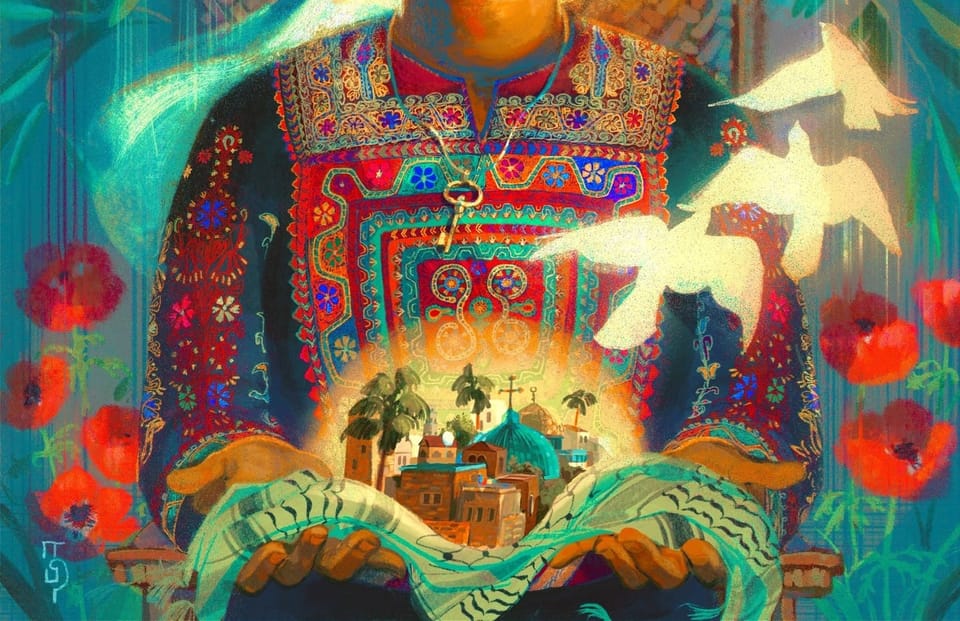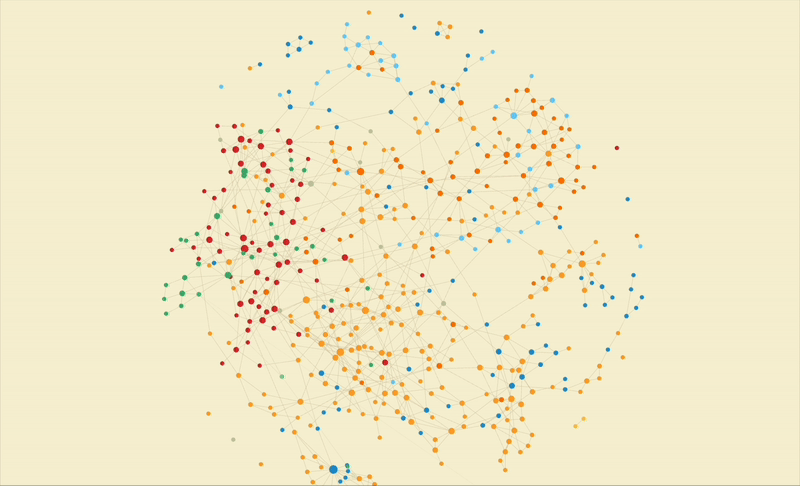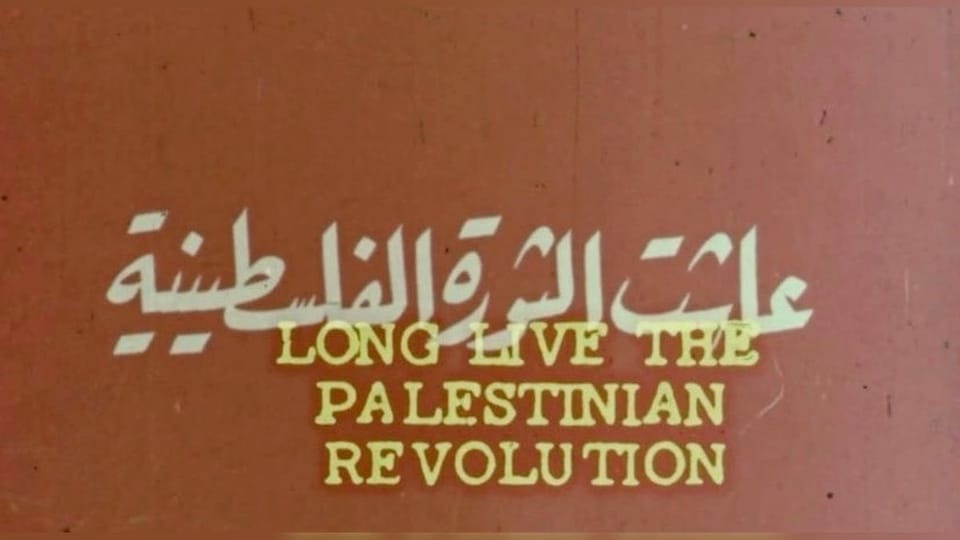Listening to interfaith feminists in Southeast Asia
The discourse of faith and feminism in Southeast Asia is exciting and prolific, but often overlooked.

I recently celebrated 2020’s International Day Against Homophobia, Transphobia and Biphobia at a Southeast Asian webinar titled “Bringing progressive faith voices towards diverse genders and sexualities." In discussion were:
- Pastor Kakay Paraman, a Bible teacher and gender justice advocate in the Philippines
- amina wadud, the Lady Imam, a specialist in textual analysis from a gender and sexuality inclusive perspective
- Dede Oetomo, activist, independent scholar and founder of GAYa NUSANTARA, an Indonesian organisation founded in 1987 to uphold the dignity and wellbeing of LGBTQ and all sexually diverse people.
- moderator Rima Athar, human rights activist and feminist organiser, as well as coordinator for the Coalition for Sexual and Bodily Rights in Muslim Societies (CSBR)
The session was presented by GAYa NUSANTARA with CSBR and the Global Interfaith Network (GIN). Here’s what came up for me from the discussion:



